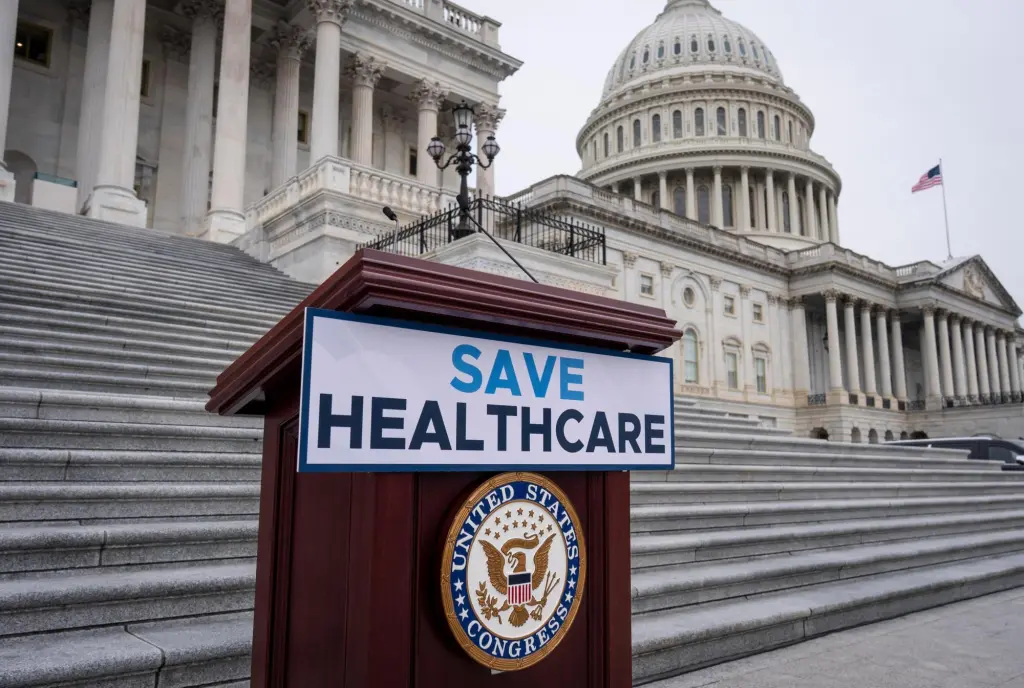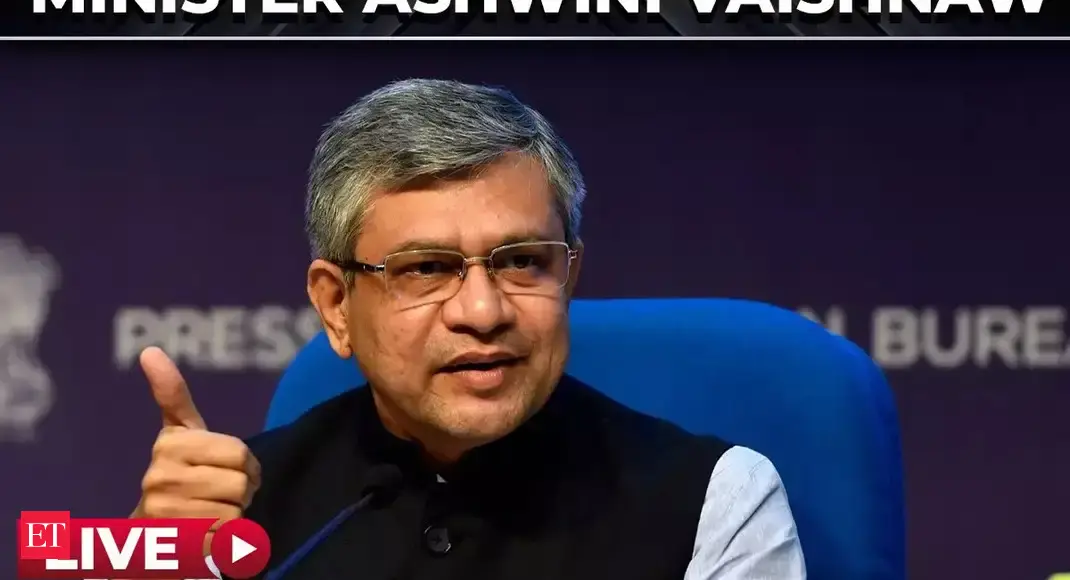
To place an obituary, please include the information from the obituary checklist below in an email to obits@pioneerpress.com. There is no option to place them through our website. Feel free to contact our obituary desk at 651-228-5263 with any questions.
General Information:
Your full name,
Address (City, State, Zip Code),
Phone number,
And an alternate phone number (if any)
Obituary Specification:
Name of Deceased,
Obituary Text,
A photo in a JPEG or PDF file is preferable, TIF and other files are accepted, we will contact you if there are any issues with the photo.
Ad Run dates
There is a discount for running more than one day, but this must be scheduled on the first run date to apply.
If a photo is used, it must be used for both days for the discount to apply, contact us for more information.
Policies:
Verification of Death:
In order to publish obituaries a name and phone number of funeral home/cremation society is required. We must contact the funeral home/cremation society handling the arrangements during their business hours to verify the death. If the body of the deceased has been donated to the University of Minnesota Anatomy Bequest Program, or a similar program, their phone number is required for verification.
Please allow enough time to contact them especially during their limited weekend hours.
A death certificate is also acceptable for this purpose but only one of these two options are necessary.
Guestbook and Outside Websites:
We are not allowed to reference other media sources with a guestbook or an obituary placed elsewhere when placing an obituary in print and online. We may place a website for a funeral home or a family email for contact instead; contact us with any questions regarding this matter.
Obituary Process:
Once your submission is completed, we will fax or email a proof for review prior to publication in the newspaper. This proof includes price and days the notice is scheduled to appear.
Please review the proof carefully. We must be notified of errors or changes before the notice appears in the Pioneer Press based on each day’s deadlines.
After publication, we will not be responsible for errors that may occur after final proofing.
Online:
Changes to an online obituary can be handled through the obituary desk. Call us with further questions.
Payment Procedure:
Pre-payment is required for all obituary notices prior to publication by the deadline specified below in our deadline schedule. Please call 651-228-5263 with your payment information after you have received the proof and approved its contents.
Credit Card: Payment accepted by phone only due to PCI (Payment Card Industry) regulations
EFT: Check by phone. Please provide your routing number and account number.
Cash: Accepted at our FRONT COUNTER Monday – Friday from 8:00AM – 3:30PM
Rates:
The minimum charge is $162 for the first 10 lines.
Every line after the first 10 is $12.20.
If the ad is under 10 lines it will be charged the minimum rate of $162.
On a second run date, the lines are $8.20 per line, starting w/ the first line.
For example: if first run date was 20 lines the cost would be $164.
Each photo published is $125 per day.
For example: 2 photos in the paper on 2 days would be 4 photo charges at $500.
Deadlines:
Please follow deadline times to ensure your obituary is published on the day requested.
Hours
Deadline (no exceptions)
Ad
Photos
MEMORIAM (NON-OBITUARY) REQUEST
Unlike an obituary, Memoriam submissions are remembrances of a loved one who has passed. The rates for a memoriam differ from obituaries.
Please call or email us for more memoriam information
Please call 651-228-5280 for more information.
HOURS: Monday – Friday 8:00AM – 5:00PM (CLOSED WEEKENDS and HOLIDAYS)
Please submit your memoriam ad to memoriams@pioneerpress.com or call 651-228-5280.
By ALI SWENSON and MARY CLARE JALONICK
WASHINGTON (AP) — The U.S. government shut down Wednesday, with Democratic lawmakers insisting that any deal address their health care demands and Republicans saying those negotiations can happen after the government is funded.
At issue are tax credits that have made health insurance more affordable for millions of people since the COVID-19 pandemic. The subsidies, which go to low- and middle-income people who purchase health insurance through the Affordable Care Act, are slated to expire at the end of the year if Congress doesn’t extend them. Their expiration would more than double what subsidized enrollees currently pay for premiums next year, according to an analysis by KFF, a nonprofit that researches health care issues.
Democrats have demanded that the subsidies, first put in place in 2021 and extended a year later, be extended again. They also want any government funding bill to reverse the Medicaid cuts in President Donald Trump’smega-bill passed this summer, which don’t go into effect immediately but are already driving some states to cut Medicaid payments to health providers.
Some Republicans have expressed an openness to extending the tax credits, acknowledging many of their constituents will see steep hikes in insurance premiums. But the party’s lawmakers in Congress argue negotiations over health care will take time, and a stopgap measure to get the government funded is a more urgent priority.
Health insurance rates will skyrocket for millions without congressional action
A record 24 million people have signed up for insurance coverage through the ACA, in large part because billions of dollars in subsidies have made the plans more affordable for many people.
With the expanded subsidies in place, some lower-income enrollees can get health care with no premiums, and high earners pay no more than 8.5% of their income. Eligibility for middle-class earners is also expanded.
When the tax credits expire at the end of 2025, enrollees across the income spectrum will see costs spike. Annual out-of-pocket premiums are estimated to increase by 114% — an average of $1,016 — next year, according to the KFF analysis.
Millions expected to lose Medicaid coverage without changes to Trump’s big bill
Republicans’ tax and spending bill passed this summer includes more than $1 trillion in cuts to Medicaid and food assistance over the next decade, largely by imposing new work requirements on those receiving aid and by shifting certain federal costs onto the states.
Medicaid’s programs, which serve low-income Americans, enroll roughly 78 million adults and children. The nonpartisan Congressional Budget Office projects 10 million additional Americans will become uninsured in the next decade as a result of Republicans’ law, between Medicaid and other federal health care programs.
Democrats want to roll back the Medicaid cuts in any government funding measure, while Republicans have argued that cuts are needed to reduce federal deficits and eliminate what they say is waste and fraud in the system.
Democrats say health care can’t wait
Democrats have insisted an extension of the health subsidies needs to be negotiated immediately as people are beginning to receive notices of premium increases for next year.
“In just a few days, notices will go out to tens of millions of Americans because of the Republican refusal to extend the Affordable Care Act tax credits,” House Democratic Leader Hakeem Jeffries said Tuesday on the steps of the U.S. Capitol.
He added the higher health care costs millions of Americans are facing are coming “in an environment where the cost of living is already too high.”
At the White House on Monday, congressional Democratic leaders shared their health care concerns with Trump. Senate Democratic Leader Chuck Schumer said after the meeting that Trump “was not aware” that so many Americans would see increases to their health care costs.
Republicans call for stopgap funding first, and a negotiation later
Republican leaders say they handed Democrats a noncontroversial stopgap funding measure and argue that Democrats are instead choosing to shut the government down.
“We didn’t ask Democrats to swallow any new Republican policies,” Senate Majority Leader John Thune said after Tuesday’s failed vote. “We didn’t add partisan riders. We simply asked Democrats to extend the existing funding levels, to allow the Senate to continue the bipartisan appropriations work that we started. And the Senate Democrats said no.”
Republican leaders have offered to negotiate with Democrats on ACA health insurance subsidies — but only once they vote to keep the government open until Nov. 21.
“I will go to the Capitol right now to talk to Chuck Schumer and Senate Democrats about premium support for the Affordable Care Act, but only after they’ve reopened the government,” Vice President JD Vance said Wednesday on Fox News.
That might be easier said than done, with many Republicans in Congress still strongly opposed to extending the enhanced tax credits.
Swenson reported from New York.
Originally Published: October 1, 2025 at 12:39 PM CDT



